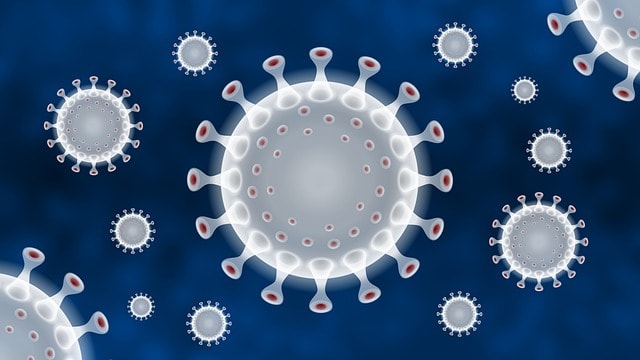New research data shows that some cells in the human immune system sacrifice themselves to boost the immune response to fight off infections.
In a new study, it has been found that some cells in the human immune system kill themselves in order to facilitate efficient immune response to ward off infections. These cells are called neutrophils which are a part of the innate immune system.
The human immune system fights off infections with the help of many different cells as they work and communicate with each other continuously.
The study published in journal Nature Immunology describes that neutrophils, which are in majority in white blood cells, are the first responders in case of a respiratory tract infection which could be caused by influenza or coronavirus. They rush towards the infected site and alert the rest of the immune system by releasing chemical signals, as they can’t destroy the infection themselves. In response to this, the immune system starts production of specialized T cells.
As T cells arrive on site of infection, neutrophil starts the process of apoptosis, also called controlled death, releasing a large amount of molecule epidermal growth factor (EGF). This EGF in turn provides T cells with energy that is required to eliminate the threat. T cells are part of an adaptive immune system of a body that manufactures direct response to the specific infections. The entire process could take several days.
Professor Minsoo Kim, the lead author of the study who also teaches Microbiology and Immunology at University of Rochester, said, “This study represents an important paradigm shift and shows that the adaptive immune system doesn’t generate a successful response without instruction and help from the innate immune system.”
“The findings reveal, for the first time, how different immune cells work together and even sacrifice themselves to accomplish the same goal of protecting the host from the viral infection” he further added.
In fighting any viral infection, the human immune system can take several days to prepare an effective response. The experiments were conducted on flu-infected mice. The deciphering of this immune response to infections may lead to better vaccines and targeted treatments.
